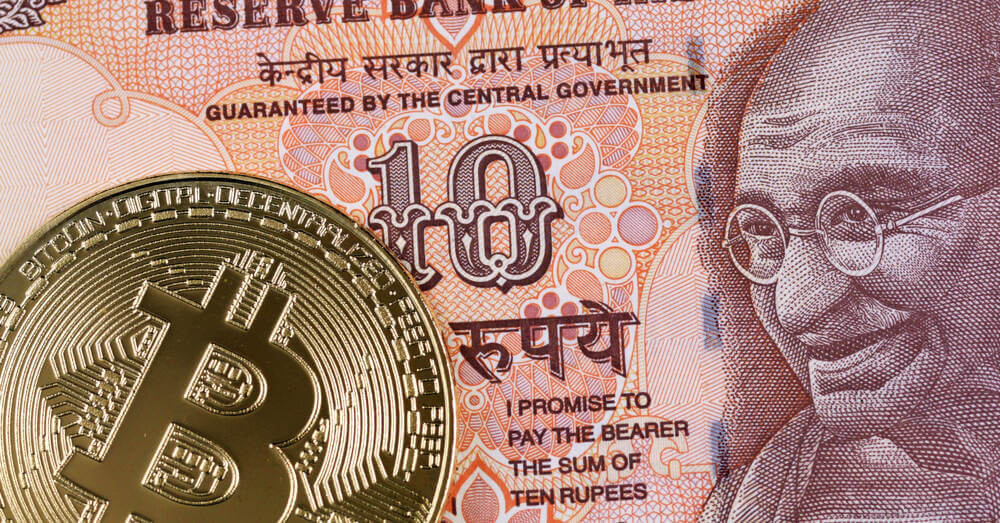
India’s Supreme Court has reversed earlier RBI guidelines that barred financial institutions from trading, now Indian crypto exchanges are seeking clarity on their legal status
India’s crypto exchanges have asked the Reserve Bank of India (RBI) to offer clarity on their legal status in the country. The exchanges also want the central bank to clarify matters on taxation.
The move comes as the platforms decry their continued denial of banking services, despite an order by the Indian Supreme Court that lifted the longstanding ban the RBI imposed.
The country’s Supreme Court reversed the RBI’s guidelines to banks and other financial institutions on March 4 this year. But according to the India Times, financial institutions in the country appear reluctant to follow through with the SC orders because the Reserve Bank has failed to provide clarity on the matter.
The India Times claims that leading crypto exchanges in the country wrote to the RBI urging for further clarity. The exchanges expressly want the regulator to clearly define the parameters crypto businesses are allowed to be operating on. For instance, exchanges want clarification on whether cryptocurrencies fall under commodities, currencies, goods, or services.
As per the letter, the exchanges want this settled to help them understand how their status impacts how they pay taxes. The RBI clarification will thus shed light on whether the exchanges should be subject to the Goods and Services Tax (GST).
The clarification would be important news for India’s crypto exchanges and their business prospects. According to Belfrics Global chief executive Praveenkumar Vijayakumar, crypto exchanges need to be exempt from GST. He added:
“If the digital assets are not exempted from GST, the digital currency exchanges in India are going to have a standoff with the tax authority.”
According to Sidharth Sogani, the CEO of the crypto platform Credbaco Global, the RBI had a mandate that it apparently failed to accomplish. He said that the central bank should have issued “a new circular directing the banks” following the Supreme Court orders. That would have helped banks and other lenders to begin offering banking services to crypto exchanges and other crypto-related businesses.
India’s tax authorities in the past have launched investigations to determine whether Bitcoin and other cryptocurrencies, should fall under GST. The country’s tax department has also looked to crypto exchanges intending to ascertain whether the GST law should apply to them. The exchanges hope the RBI’s clarification will help sort this out.
Meanwhile, the exchanges have initiated a similar move aimed at seeking an interpretation from the country’s high court.
